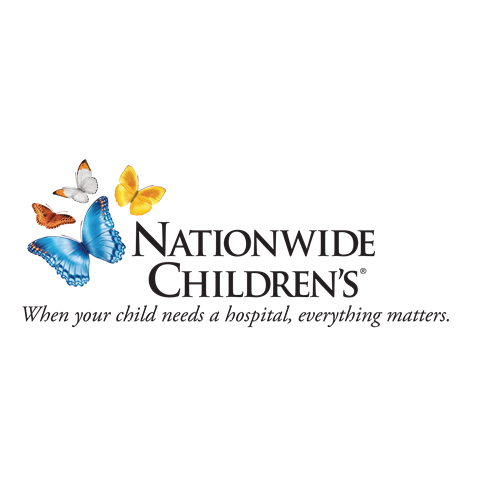Available Technologies
# of Displayed Technologies: 2 / 2
Categories
.png) Production of rAAV in vero cells using Simian adenovirus 13 as helper
Production of rAAV in vero cells using Simian adenovirus 13 as helper
TS-000639 — Infectious recombinant Adeno-associated virus (rAAV) are exclusively used as gene transfer vehicles for an ever-widening array of human applications such as for use as vaccines and gene therapy vectors. A requirement for the clinical use of rAAV for DNA delivery is a highly efficient, reproducible and commercially scalable production. The most common methods of scalable rAAV production use HeLa cells. HeLa cells are derived from malignant cervical tumor and therefore, raises potential safety concerns. Gene therapy experts at Nationwide Children’s Hospital have developed new methods and materials achieving higher titers of rAAV in mammalian cells other than transformed cancer cells. This invention achieves scalable production of rAAV using clinically safe Vero cells derived from African green monkey kidney cells combined with the simian adenovirus 13 helper virus.
- College:
- Inventors: Clark, Kelly Reed; Beall, Cliff; Johnson, Philip
- Licensing Officer: Barkett, Margaret
 Methods and Materials for Recombinant Adeno-Associated Virus Production.
Methods and Materials for Recombinant Adeno-Associated Virus Production.
TS-000597 — Recombinant adeno-associated virus (rAAV) is one of the most used viral vectors for gene therapy. However, large-scale rAAV production is labor intensive and costly due to the requirement for an efficient rAAV synthesis in stable cell lines. A team of researchers at Nationwide Children’s have developed a simple and cost-effective technique to ease the production of rAAV. Compared to existing methods, this approach allows more rAAV genomes to be encapsulated into infectious rAAV particles while allowing the production of rAAV in several cell types. The materials and methods of this invention are covered in the US issued patent 8,409,842.
- College:
- Inventors: Johnson, Philip; Clark, Kelly Reed
- Licensing Officer: Eidahl, Jocelyn
